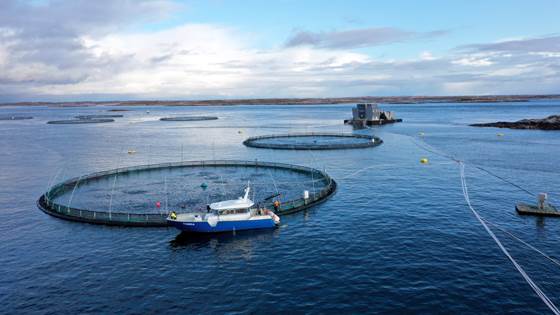
Reducing the climate footprint of the salmon farming industry
New numbers confirm that certain value-chain activities, such as air transit and feed production, have a stronger impact on carbon emissions, but they also point to ways to help.

New numbers confirm that certain value-chain activities, such as air transit and feed production, have a stronger impact on carbon emissions, but they also point to ways to help.

Singles and couples with children who have moved away from home are the group most positive to alternative living arrangements, while families with children living outside the city centres are the least interested.

Recent research by SINTEF Energy Research and TU Delft shows that implementing CCS in industrial facilities can result in significant CO₂ reductions at a minimal cost to the public.

Machines are currently learning how to identify cancer cells with the help of manipulated light. This approach may help to take the pressure off our hard-pressed health services and reduce waiting times for anxious patients.
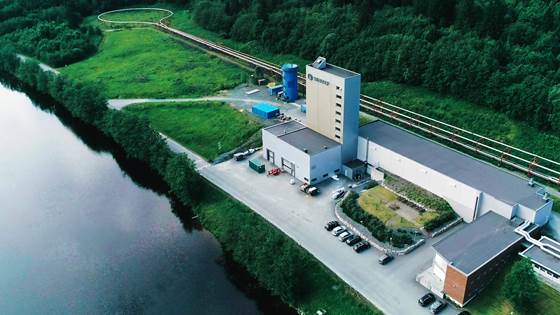
01/02/2023 – Trondheim, Norway. SINTEF will use its expertise on multiphase modelling and world-class CO2 flow facility, DeFACTO, to develop simulator technology for transporting and injecting CO2.
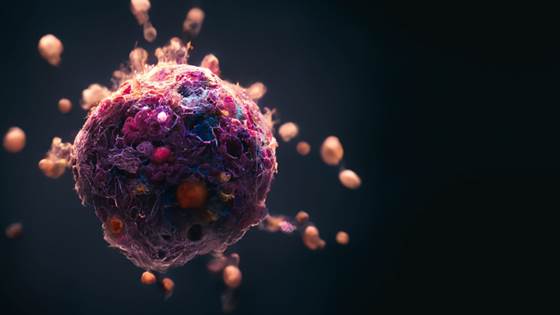
Peritoneal cancer is difficult to treat and has a poor survival prognosis. But a new and effective nanomedicine delivery system is offering some hope.
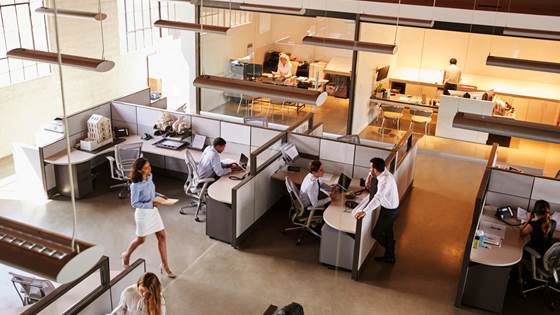
Energy consumption in buildings can be reduced by predicting their actual heating needs.
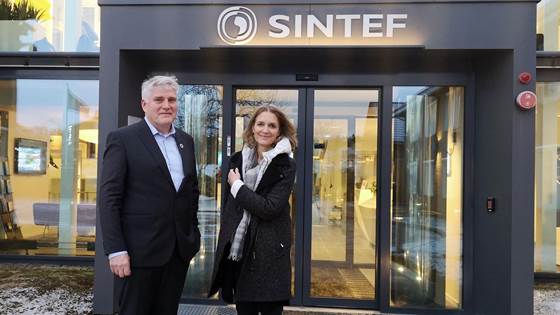
On 27 January 2023, Danish Ambassador to Norway Louise Bang Jespersen visited SINTEF’s offices in Trondheim to discuss SINTEF’s activities in hydrogen and CCS.
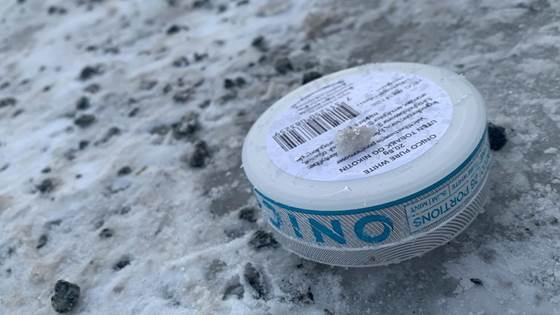
Don’t tell me that you haven’t noticed them. Empty snuff boxes littered all over our streets and parks. But instead of being just rubbish, they can now be recycled to make new products.